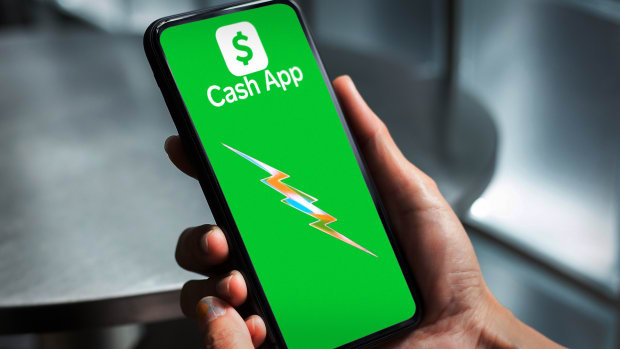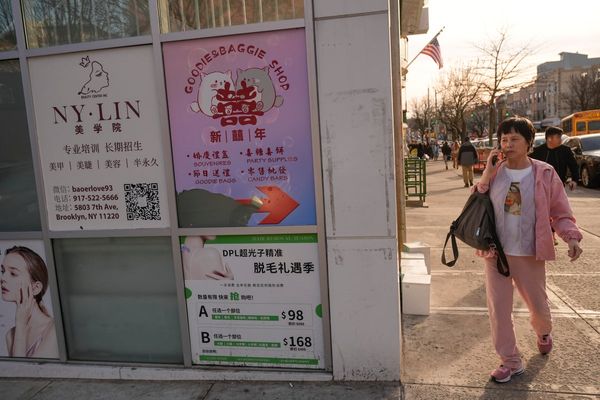
With the use of digital payment apps exploding in the last five years, there has been endless debate on the right practices and strategies.
Some tie their Venmo or CashApp to a bank account and only use it when no other payment option is available (those awkward bill-splitting moments in a restaurant, most likely) while others like to keep a "rolling balance" to always be able to make a quick transfer.
DON'T MISS: San Francisco Stabbing Takes Life of Cash App Founder Bob Lee
One survey found that the average person with a rolling balance kept $287 on each payment app they use even semi-regularly.

Image source: TheStreet
Here's What You Risk When You Keep Cash On Payment Apps
Many also use the Block (SQ)-owned Cash App or Apple Pay (AAPL) to get payment for some freelance work or even a salary paycheck.
While digital payment apps have always attracted users by their speed and ease of use, the drawback is less protection when things do go south.
Unlike the balance of one's bank account, funds stored in one of these apps are not protected by federal deposit insurance — that's why the head of the Consumer Financial Protection Bureau just issued a warning against using them to store large sums of money.
"Keeping money inside your nonbank payment app might feel the same as a keeping money in a traditional bank account with deposit insurance," CFPB said in a statement. "You can check your balance and review transactions, just as you might do with online banking. However, the difference is that the money in your app might not be held in an account at an FDIC member bank or NCUA member credit union."
While PayPal (PYPL), PayPal-owned Venmo and Cash App were all called out by the regulator, the risks are not connected to any individual app's features but instant payment apps in general as they are not required to insure users' funds in the same way as banks.
'Safe And Transparent,' Says Industry Trade Group
"Popular digital payment apps are increasingly used as substitutes for a traditional bank or credit union account but lack the same protections to ensure that funds are safe," CFPB Director Rohit Chopra said in a statement.
The warning comes after the recent collapse of banks like Silicon Valley Bank and Signature Bank. The Federal Deposit Insurance Corporation and National Credit Union Administration generally insures up to $250,000 of funds stored in a traditional bank.
In response, the Financial Technology Association pushed back by saying that the apps are used by tens of millions of people without problem and "prioritize consumer protection every step of the way."
“Tens of millions of American consumers and small businesses rely on payment apps to better spend, manage, and send their money," the industry group representing many commonly-used platforms said. "These accounts are safe and transparent."
Also citing statistics showing that three-quarters of American adults and more than 85% of those under 29 use digital payment apps regularly, the CFPB does not advise against not using them but rather not keeping large amounts of money and being diligent around regularly transfering funds that come in to one's main bank. Or, you know, spending that money fast.
"Send yourself a reminder to move your money from the app to your insured account," the government agency said.







